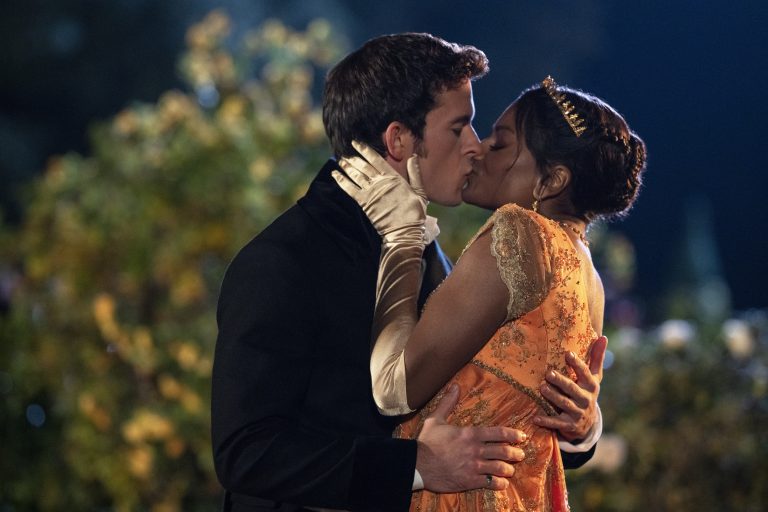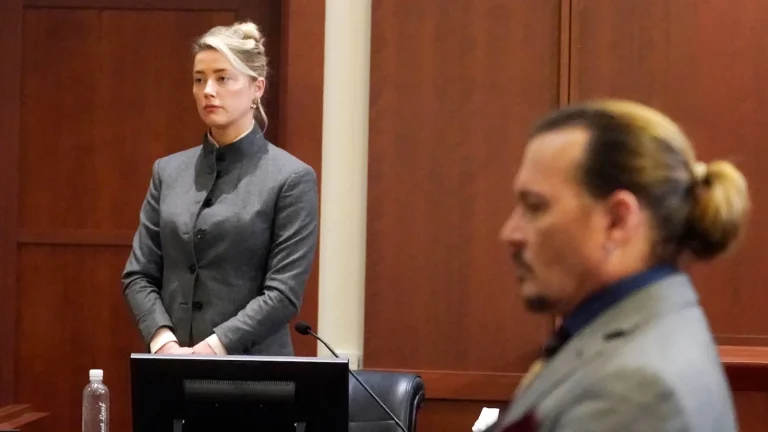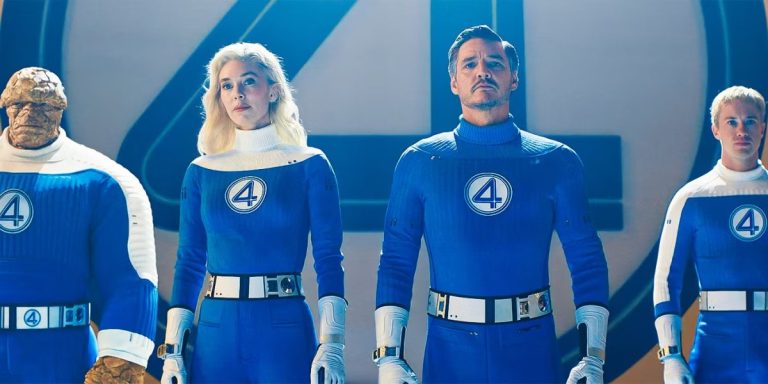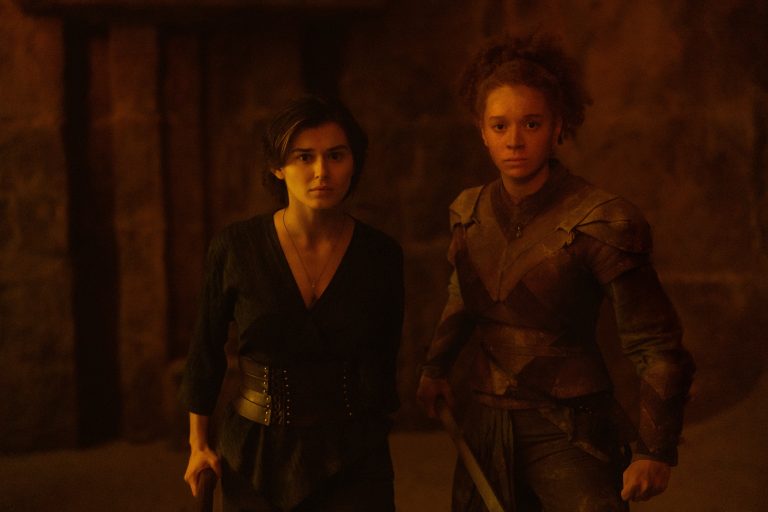Since the documentary was announced, the prevalent question in my mind was, “How?” How is this documentary remotely going to exist and be a legitimate recounting of McMahon when one of his flagship creations of pro-wrestling—WWE Raw—had been sold off its live streaming rights to the tune of 5 billion dollars to Netflix? Now, considering the Janel Grant lawsuit and the expose surrounding the lawsuit by the Wall Street Journal, further questions have developed: Would Vince or his spokesperson even be asked these questions? And even if questions were asked of Vince, would they be softball questions, and would the documentary thus be just a WWE-sanctioned whitewashing of Vince McMahon?
Two main features of this docuseries gave me hope. One is Executive Producer Bill Simmons, and through him, The Ringer Podcast Network is responsible for fronting the money for this documentary. Simmons’ fandom of wrestling and his penchant for not sticking to the established narrative is quite well known. The second is director Chris Smith, who is responsible for one of Netflix’s biggest successes during the pandemic—”Tiger King.” He has a curious eye on what makes weird subcultures work, and what could be more weird yet mainstream than wrestling?
The primary caveat while watching this film should be mentioned—it is not made primarily for hardcore wrestling fans. I have to admire the tough balancing act that Smith and his crew always chose to walk in, acknowledging the peculiarity of wrestling while also ensuring information is delivered at a steady pace without sounding like an exposition dump. The big reason for this documentary’s success, irrespective of how much time it spends on the present-day news cycle regarding McMahon, is McMahon himself.
Because McMahon is a curious beast. For a person so inextricably tied to WWE, to the extent that the lack of a personal life beyond the wrestling business is almost glaring, it could be hard to separate and focus on something completely unrelated. Vince himself further muddies the waters due to his propensity to muddle reality and fiction.
Earlier, that would be referencing events around the world and creating storylines through that (Sgt. Slaughter becoming an Iraqi War general at the height of the Iraq War, with his rivalry with Hulk Hogan working as a representative for the war on network television as well as live performance), but later once the Attitude Era begins to creep in and that overlaps with McMahon’s progenies—Shane and Stephanie—getting into the business, he would craft an exaggerated persona of himself termed “Mr. McMahon,” the tyrannical boss of WWF who shares a heightened rivalry with the grey-shaded blue-collar antihero of that era, Stone Cold Steve Austin.
Uniquely, though, what also stands out through this documentary is an acute lack of self-awareness within McMahon, perhaps resulting from having built up a business, taken over territorial wrestling, and essentially created a monopoly. He emphatically states that the character of Mr. McMahon is completely separate from reality. However, real-life events and testimonies from other wrestlers prove that is the furthest from the truth.
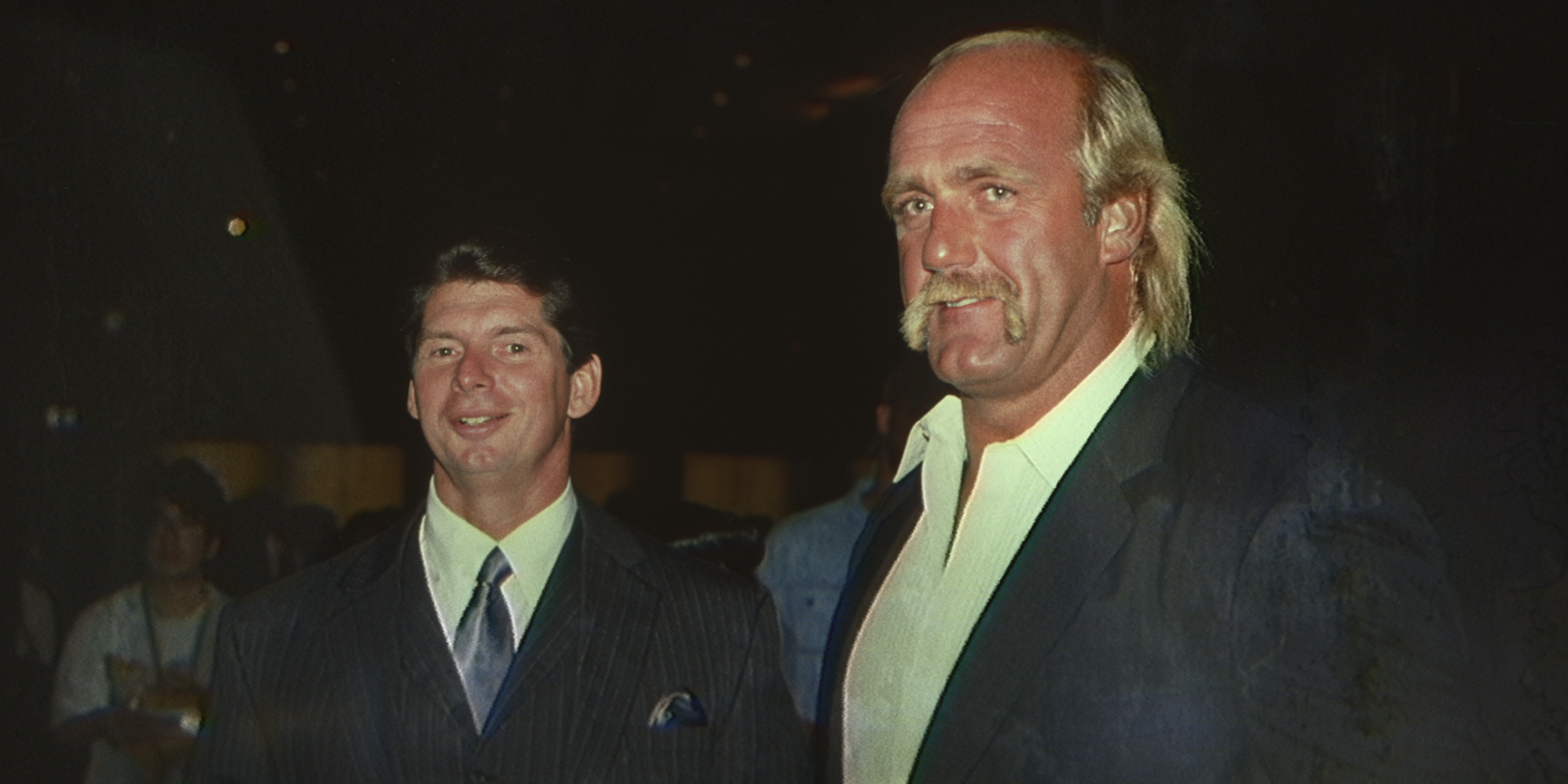
This undercutting of Vince’s statements by the rest of the wrestlers, by not stating entirely opposing viewpoints but rather clarifying the sugarcoated nature of the statement, would be criticized by Vince’s right-hand man Bruce Pritchard in the final episode of the documentary as an attempt to paint “Vince McMahon as an asshole.” He is right on some accounts, but to clarify, McMahon isn’t a person used to talking about himself—interesting dichotomy about an individual who views the WWE as his dominion—but every statement he makes when added with testimonies about other wrestlers as well as official recountings of incidents like The Montreal Screwjob or the Death of Owen Hart—paints Vince in an extremely unflattering light.
The fact that he even considered making a storyline about an incestuous relationship between Mr. McMahon and his daughter rightly raised eyebrows, even within the Attitude-Ruthless Aggression era. It also paints McMahon’s rise parallel to the ascension of pro wrestling and how much that affects real-life history. Upon viewing through Paul Heyman’s lens (promoter and former owner of ECW), I was genuinely floored that ex-President Donald Trump acted more akin to a wrestling persona than a political statesman.
McMahon is a visionary in how he manages to effectively imbibe capitalism’s core tenets and swallow all the territories of wrestling within the monopoly of WWE, or how he manages to blur reality and fiction so fluidly that the shaky verisimilitude becomes almost essential for WWE’s mainstream popularity entering into the early 2000s. He is also controversial, a very remarkably deplorable man with heinous scandals to his name who wanted to push the envelope so hard that, at times, it removed any pretensions of being within an envelope in the first place. Both instances can be true. Both instances are true.
A patriarch of a dominion who put the business above everything else, he also commanded loyalty to such an extent that most wrestlers, even while interviewing, felt as if they were disobeying a sacred creed. What “Mr. McMahon” also does ably well is reveal some information even hardcore wrestling fans had only inklings about—Hulk Hogan ratting out Jesse Ventura’s plan of unionizing wrestlers to Vince McMahon. In hindsight, and considering what came after, McMahon might not have agreed to such a proposition later either, but it does answer why many wrestlers hated his guts.
It is also efficient in how much ground it covers in surprising detail, especially the Chris Benoit incident, the consequent research on CTE, and the changes that would be implemented in Wrestling as a sport and entertainment. It also glosses over detailing more about The Ring Boys scandal. Still, there are enough morsels about that incident supplied within the documentary, especially through Tony Atlas’ testimony, that can provide one with enough context.
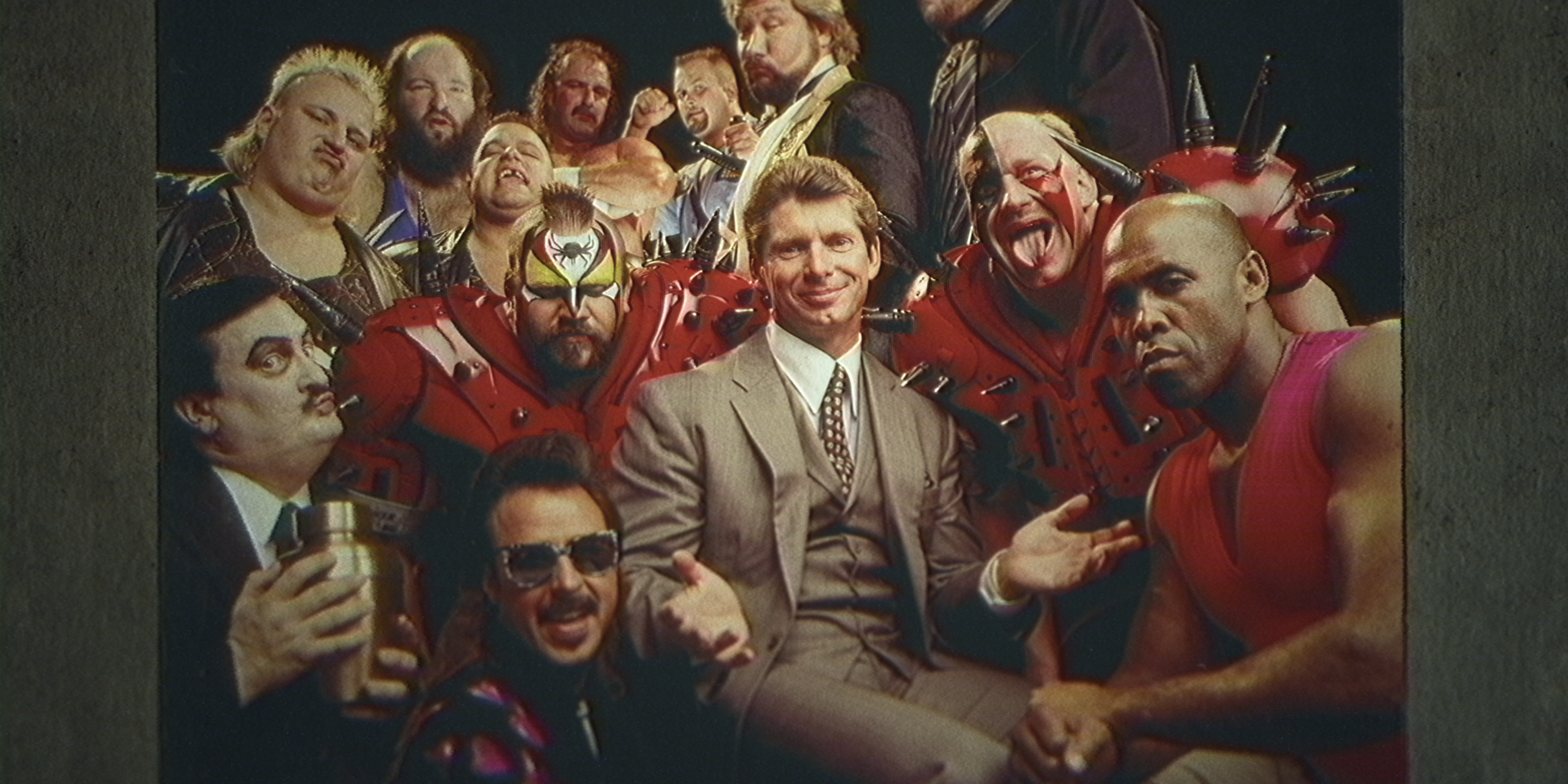
The documentary does try to give context by highlighting McMahon’s own familial life and the abuse he might have experienced if only to draw a connection between events of his youth and what he would be responsible for later. Smith, however, is hobbled by both McMahon’s reticence to reveal too much and his nonchalance at brushing over his childhood.
Smith, though, while going over the Monday Night Raw and WCW Nitro feud, goes through some instances that have been covered in greater depth elsewhere and, more importantly, doesn’t illuminate McMahon as much as the Steroid trials of ‘85 or even his familial dynamics would reveal about him. More importantly, the documentary would soon move out of WWe’s purview, allowing Smith and the rest of the team to include relevant information about the current case. However, it needed detailed exploration within a longer runtime rather than the last 20 minutes of the final episode.
I am reminded of McMahon’s famous statement when asked about the “Montreal Screwjob”—”Bret screwed Bret.” I reiterate a similar form of statement if only to highlight what makes this documentary so compelling to watch: “Vince screwed Vince.” It is impossible to create a documentary that would whitewash a controversial figure like McMahon’s when his statements could easily be refuted and those responses edited to run consequently after McMahon’s own, and it’s doubly funny when you learn that McMahon had been the one to suggest making a documentary about himself.
Is this an exhaustive documentary about every facet of Vince’s life? No, I don’t think even Vince McMahon could realistically recount every facet of his life without embellishing them in extravagance or controversy. But does it work as a story of a man inextricably tied to the business he had built and is now completely distant from it in an era where WWE is not just thriving but moving beyond him? Yes, absolutely.
Knowing Smith’s modus operandi, I won’t be surprised if we get a continuation of this documentary once more information comes to light. Hardcore wrestling fans and followers will criticize it for perhaps brushing through important moments. Smith has crafted a smart documentary that provides a balanced perspective of both sides and allows discerning audiences to choose which perspective to believe. It also makes “Mr. McMahon” markedly different from the usual salacious “torn from the headlines” true crime documentaries that Netflix has made its bread and butter.





![How to Sell Drugs Online (Fast) Netflix Original TV Series [2019] Review](https://79468c92.delivery.rocketcdn.me/wp-content/uploads/2019/06/How-to-Sell-Drugs-Online-Fast-Netflix-high-on-films-768x378.jpg)
